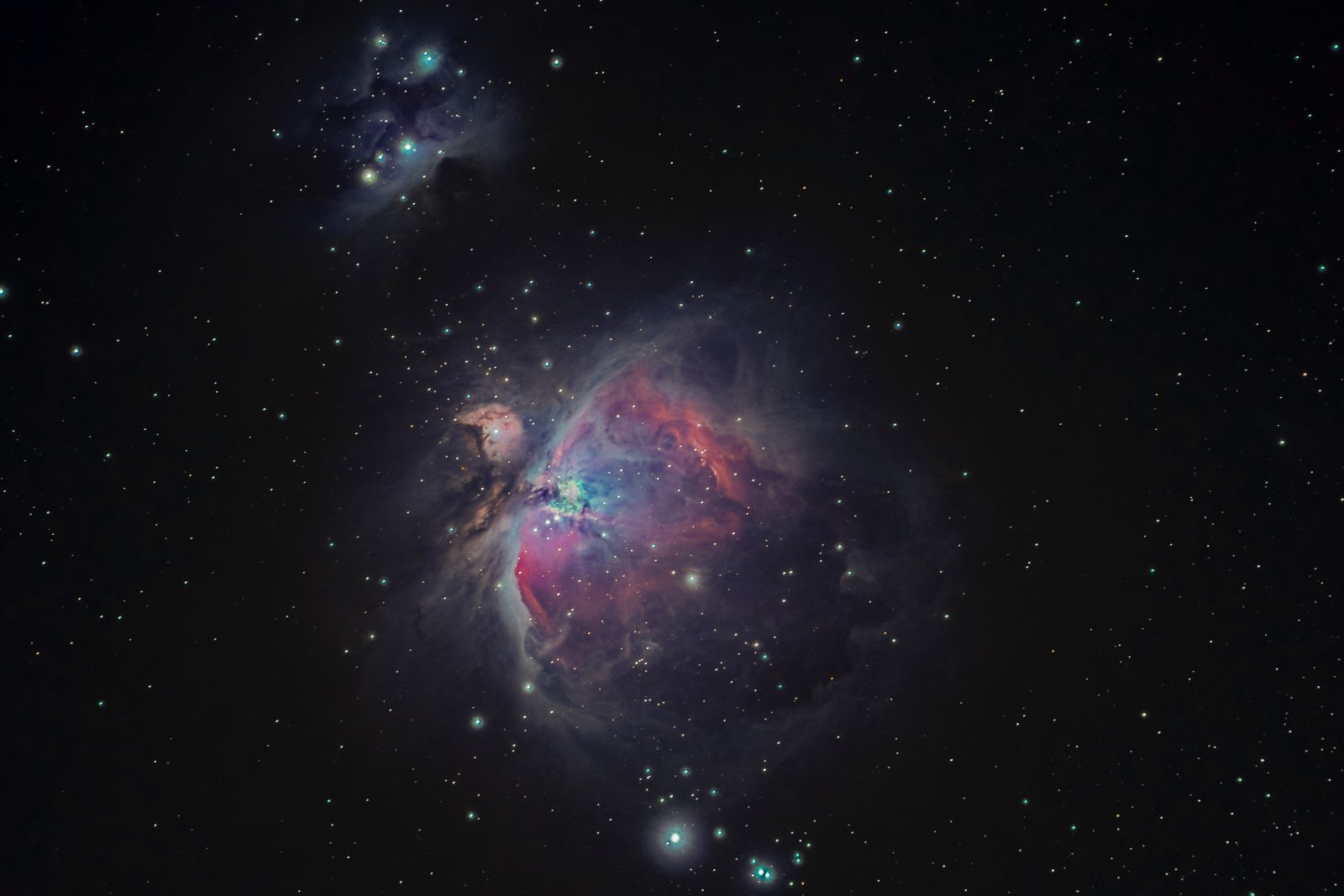There are two ways to answer that question.
First, you could have a look at people who very successfully integrated their religious faith and their scientific work;
Francis Bacon (as in, the one who largely gave us modern scientific method). Scientist and Christian.
"a little philosophy inclineth man's mind to atheism, but depth in philosophy bringeth men's minds about to religion." - Francis Bacon.
Robert Boyle (as in, Boyle’s Laws on the behaviour of gases). Scientist and Christian.
“God would not have made the universe as it is unless He intended us to understand it.” - Robert Boyle.
William Buckland (as in, leading Nineteenth Century geologist and palaeontologist). Scientist and Christian clergyman.
“It is demonstrable from Geology that there was a period when no organic beings had existence: these organic beings must therefore have had a beginning subsequently to this period; and where is that beginning to be found, but in the will and fiat of an intelligent and all-wise Creator?” - William Buckland
Michael Faraday (as in, pioneer in the study of magnetism). Scientist and Christian.
“The book of nature which we have to read is written by the finger of God.” - Michael Faraday
Francis Collins (as in, former head of the Human Genome Project). Scientist and Christian.
“Faith and reason are not, as many seem to be arguing today, mutually exclusive. They never have been. The letter to the Hebrews in the New Testament defines faith as ‘the substance of things hoped for, the evidence of the things not seen.”
― Francis S. Collins, Belief: Readings on the Reason for Faith
Jennifer Wiseman (as in, NASA astrophysicist). Scientist and Christian.
“Since God is responsible for all nature, there is nothing to fear in studying the details; in fact God calls us to study his handiwork as a means to learning of God’s character and glory. The time has come to raise up Praise, based on knowledge and wonder, as a primary response of our congregations to scientific discovery.” - Jennifer Wiseman
There seems to be good evidence that it is possible to be a person of both faith and science.
Second, you might consider whether there’s a logical problem with integrating faith and science.
You could ask whether, despite all that good evidence of people practicing hard science while living as practicing Christians, there might be some good reason to think that they were all misguided—that there is some good reason to believe that it is not possible to be a person of both (true) faith and (real) science.
Actually, the contrary is true.
Christians believe in a good God who has made a world of profound order and beauty. And has made humans to be the kind of creatures who can make sense of God’s world. God endowed us with senses and intellect that enable us to discern the reason and order of the world that God made.
What is science other than using our reason and our senses (and the tools that we can make) to try to figure out how the world works?
Reasonable reflection on the nature of the God we believe in and the world (and humans) as God’s creation tell that there is no fundamental conflict between science and faith.
Is it possible to be a person of both faith and science? Both reason and the evidence say, ‘Yes. Yes indeed.’

